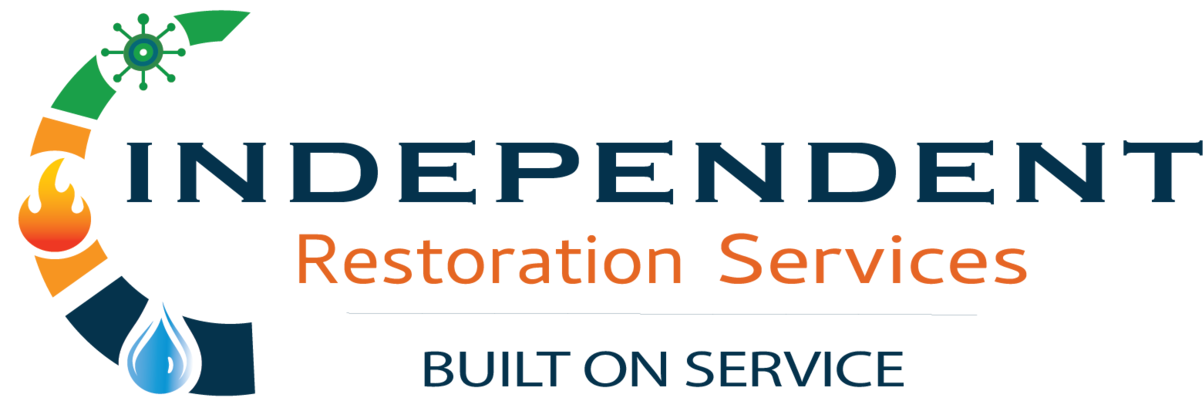Mold prevention in Kansas City homes requires vigilance due to our region’s humidity and weather patterns. Understanding how to prevent mold growth and recognizing health risks helps protect both your property and your family’s well-being.
Table of Contents
Why Mold Prevention Matters in Kansas City
Kansas City’s climate creates ideal conditions for mold growth. The Missouri Department of Health and Senior Services reports that indoor mold problems increase significantly in areas with high humidity and frequent moisture intrusion, making mold prevention in Kansas City homes a top priority.
Our region experiences:
- High humidity levels, especially during summer months
- Frequent storms can cause water intrusion
- Temperature fluctuations that create condensation
- Older housing stock with potential moisture control issues
Health Risks Associated with Mold Exposure
The Centers for Disease Control and Prevention identifies several health concerns related to mold exposure:
Respiratory Issues: Mold spores can trigger asthma attacks, allergic reactions, and respiratory infections. Children, elderly individuals, and those with compromised immune systems face elevated risks.
Allergic Reactions: Common symptoms include sneezing, runny nose, red eyes, and skin rashes. Some Kansas City residents develop sensitivities after prolonged exposure to indoor mold.
Serious Health Complications Certain mold types produce mycotoxins that can cause more severe health problems, making prompt mold damage remediation essential when growth occurs.
Effective Mold Prevention Strategies
Control Moisture Levels: Maintain indoor humidity between 30-50% using dehumidifiers and proper ventilation. The Environmental Protection Agency recommends monitoring humidity levels, especially in Kansas City’s humid climate.
Address Water Issues Immediately: Any water intrusion, whether from leaks, floods, or water damage, must be addressed within 24-48 hours to prevent mold growth.
Improve Ventilation: Ensure proper airflow in bathrooms, kitchens, and basements. Install exhaust fans and maintain HVAC systems to promote air circulation throughout your Kansas City home.
Regular Inspections: Check common mold-prone areas monthly:
- Bathrooms and kitchens
- Basements and crawl spaces
- Around windows and doors
- Near plumbing fixtures
- Areas previously affected by water damage
Identifying Early Mold Signs
Visual Indicators Look for discoloration, fuzzy growth, or water stains on walls, ceilings, and other surfaces.
Musty Odors: Persistent musty smells often indicate hidden mold growth behind walls or in HVAC systems.
Health Symptoms If family members experience unexplained respiratory issues or allergies that improve when away from home, mold could be the culprit.
When DIY Isn’t Enough
Small mold problems (less than 10 square feet) might be manageable with proper safety precautions, but extensive growth requires professional intervention. The EPA recommends professional mold damage remediation for:
- Large affected areas
- Mold in HVAC systems
- Growth following sewage backups
- Any situation involving health-compromised individuals
The Professional Mold Remediation Process
Certified mold remediation specialists follow strict protocols:
- Containment to prevent spore spread
- Safe removal of contaminated materials
- Thorough cleaning and disinfection
- Moisture source elimination
- Post-remediation verification testing
Preventing Mold After Water Damage
Kansas City homes affected by storms, floods, or plumbing failures need immediate attention. Professional water damage restoration includes mold prevention measures, while fire damage restoration addresses moisture introduced during firefighting efforts.
Creating a Mold-Resistant Environment
Proper Building Materials When renovating Kansas City homes, choose mold-resistant materials like mold-resistant drywall and paints with antimicrobial properties.
Maintenance Schedules Regular HVAC maintenance, gutter cleaning, and plumbing inspections prevent conditions that encourage mold growth.
Education and Awareness: Understanding mold prevention helps Kansas City homeowners maintain healthier indoor environments for their families.
Protecting your Kansas City home from mold requires ongoing attention to moisture control and prompt action when problems arise. Independent Restoration Services provides comprehensive mold prevention advice and professional remediation services to keep local families safe and healthy.
